by Jan Neumann, Leo Havemann, Javiera Atenas, and Fabio Nascimbeni
The story so far and who we are
Policymaking related to Open Education (OE) has been discussed intensively by a small community of experts during recent years. While it has perhaps been less interesting to the wider group of OE practitioners, a long-standing and important strand of OE work has focused on advocacy for the development of supportive and enabling strategies, policies and infrastructures. Broadly speaking, OE policymaking refers to (top-down) activities of governments and institutions which aim towards mainstreaming open educational practices, often with a particular focus on the facilitation of creation, adaptation and use of Open Educational Resources (OER). Keeping in mind that organic growth and bottom-up development have been characteristic elements of most variants of OE, it should be clear that implementing change from top-down is not an easy thing to do, and always carries the risk of cultural clashes. Nevertheless, policymaking is widely considered to play an important role if OE is to grow sustainably, as it should ensure provision of resources and shape the regulatory framework to support OE mainstreaming.
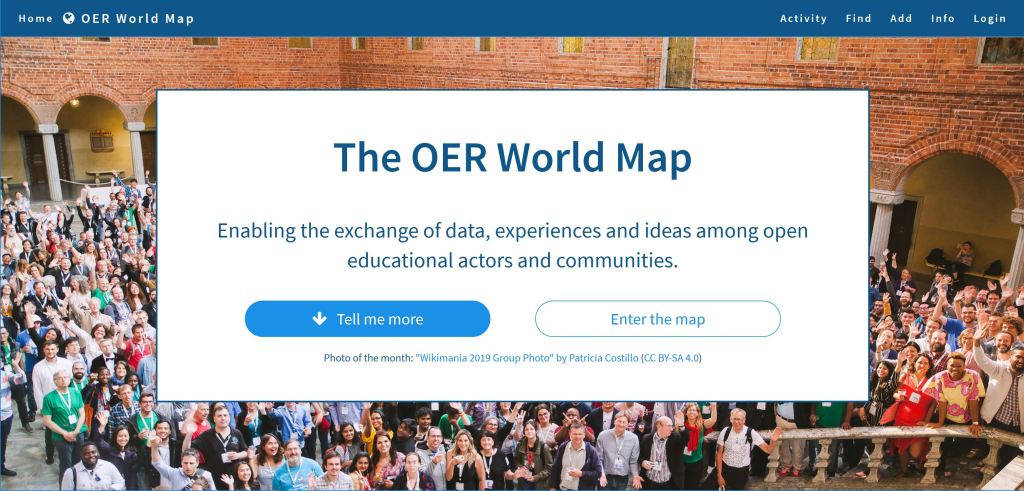
In order to provide a comprehensive database of available policies related to OE and OER, Creative Commons launched the original OER Policy Registry back in 2012. Six years later, Creative Commons and the OER World Map agreed to move the registry to the World Map platform, with the idea that the map would allow the embedding of the collected policies into a wider context, e.g. by linking a given policy to related programs, projects or services.
During several workshops we collected strong interest in the further development and cooperative operation of the registry as well as many valuable ideas for its design. The collected feedback confirmed the practical usefulness of the initiative and prepared the ground for further implementation work, in particular highlighting the need for collaboration with a small group of experts, to guide the further design of the platform.
In order to help shape the platform’s ongoing development and foster community engagement, Javiera Atenas, Leo Havemann and Fabio Nascimbeni were invited to join the project in summer 2019. Javiera and Leo have recently established the OE Policy Lab, as a research hub to link policymakers, stakeholders and scholars with a shared interest in this area. Their latest publication along with Fabio, Daniel Villar-Onrubia and Davor Orlic, is Fostering Openness in Education: Considerations for Sustainable Policy-Making. Fabio and Javiera have previously contributed to the JRC Policy Approaches to Open Education report, reviewing OE policies across EU member states.
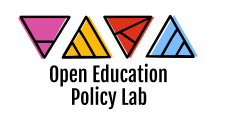
Along with Jan Neumann and the existing OER World Map team, this core group will support the development of the Registry, within an open, transparent and participatory process. Members of the team have also recently participated in the Open Education Policy Forum 2019 in Warsaw in October, the OEGlobal19 conference in Milan in November (presentation, workshop), and the ALT Online Winter Conference in December. There will also be an opportunity to engage with members of the team about the Registry at OER20 in London on 1 & 2 April.
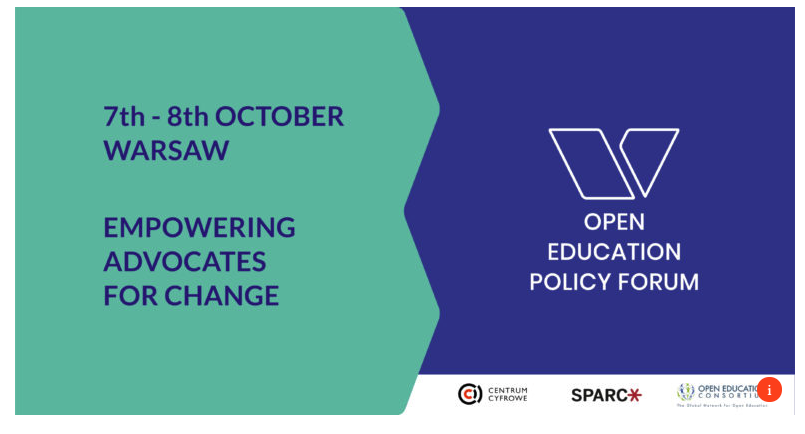
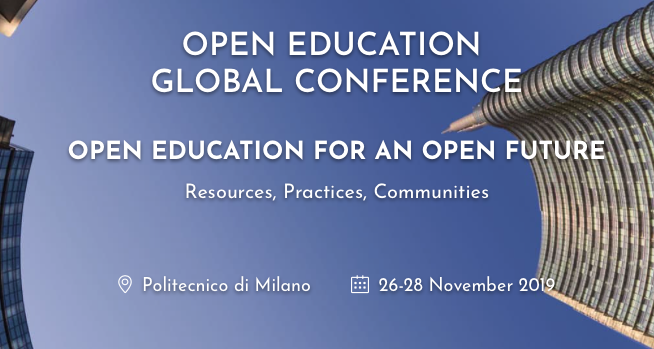
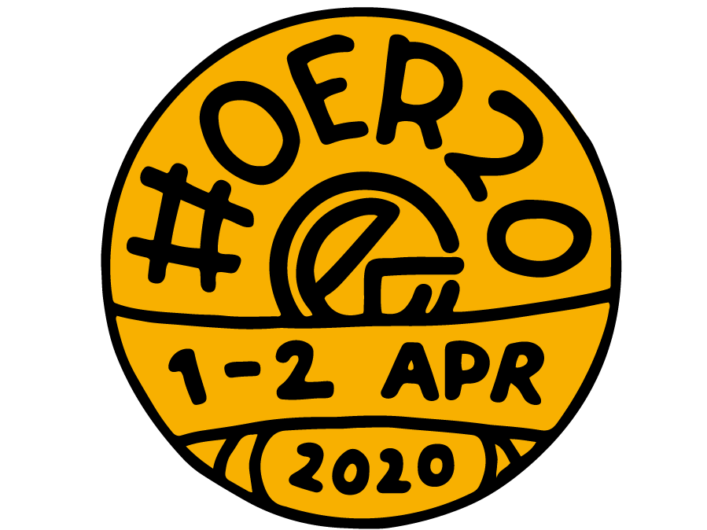
Who is addressed and what value is provided?
The invaluable inputs gained during the workshops have allowed us to define some key features of the next version of the OER Policy Registry. We have concluded that the registry’s core user groups will be:
- Policy advocates and consultants
- Policymakers, especially at institutional and governmental levels
- Researchers interested in OE policymaking
For these user groups several different use-cases will be addressed:
- Policymakers can showcase and find good practice policy exemplars, which they can adapt and reuse within their context.
- OER advocates and related networks can connect with each other, so that they can exchange experiences and cooperate in joint projects.
- Researchers can collect data on policy activities in different educational sectors and geographical areas, gaining a deeper understanding of the functioning of OE ecosystems and develop strategies for mainstreaming.
Which core features will the new registry provide?
The new platform will include various thrilling features:
- At the current stage of conception it is likely that the new OER Policy Registry will be a separate site from the OER World Map. This will sharpen the focus on policymaking, while at the same time provide more flexible layout options compared to the OER World Map ‘mother’ site.
- Nevertheless, the data will be stored via API directly in the OER World Map database, so that it can be linked to other OER World Map data in manifold ways.
- The registry will maintain its broad collection focus which aims at gathering policies from all institutional levels, all educational sectors and all world regions. This will allow user communities to better understand how governmental policies are geared with institutional policies. Since every journey begins with the first step, and as SPARC US already hosts an excellent collection of US state policies, an initial emphasis will be on institutional policies as well as non-US state policies.
- As in the current version, the registry will allow linking of policies to related resources such as
- programs, projects, services
- articles, reports, training materials, etc
- persons and organisations.
- Complementing the collected policy data, the registry will be a platform for publishing and linking contextual and background information such as reports, articles, interviews, case studies and similar.
- The registry will provide real-time statistics, fostering deep analysis of the collected data.
- Elaborated quality assurance mechanisms will support the editorial team in making sure the provided data is reliable and remains reliable.
- Editing quality data provides manifold opportunities for collective learning. The registry therefore will provide the communication tools needed to share updates and discuss doubtful cases.
What we are planning to do and how you can participate
The specification and development process will be as open and transparent as possible. Together we will discuss three core areas of the future system: metadata, site structure and communication processes.
The metadata scheme is the very heart of each data collection initiative. Which metadata is collected determines which insights you can gain and how you can visualise the data. Defining metadata for evolving topics like OE is not an easy thing to do. On the contrary, it requires a deep understanding of the modelled system and often resembles basic scientific research. One major achievement of our work last year was the refinement of the existing metadata scheme, which already has been implemented in the current version of the registry.
The structure of the new site has to be designed. This will not be rocket science, but it has to be ensured that the needed functionality integrates seamlessly so that the interface provides an intuitive and pleasing user experience. While simplicity is king, the Policy Registry must remain an expert system focussing on a broad range of highly complex issues. One special challenge will be the design of the search and filter section.
The core idea of the registry is that a group of experts will cooperate on collecting high-quality data. Inevitably this requires the support of efficient communication between the editors. We believe that, especially in the field of policymaking, the reliability of the data will be essential for the success of the platform. The platform therefore must include quality assurance mechanisms. In order to learn from the best, we will analyse and discuss existing good practices as established on Wikidata or in open access publishing.
Each of the three core areas will be discussed one after the other within the Master Spec Document. Discussion will be open and transparent and everybody interested is sincerely invited to join in. The results of each discussion phase will be summarized in a blog post. Additionally, you can join the discussion on Twitter using the #OEPolicyRegistry hashtag.
So if you are aware of existing or planned policies related to Open Education, make sure they are recorded on the registry! In order to do so, you can either add it directly to the map by yourself or simply tweet it using the #OEPolicyRegistry tag. For sure you can also drop us a line by email. If you do have questions, ideas or comments, or if you are interested to participate in the initiative more deeply, please do not hesitate to send us an email to neumann@hbz-nrw.de.

One thought on “Relaunching the Open Education Policy Registry”